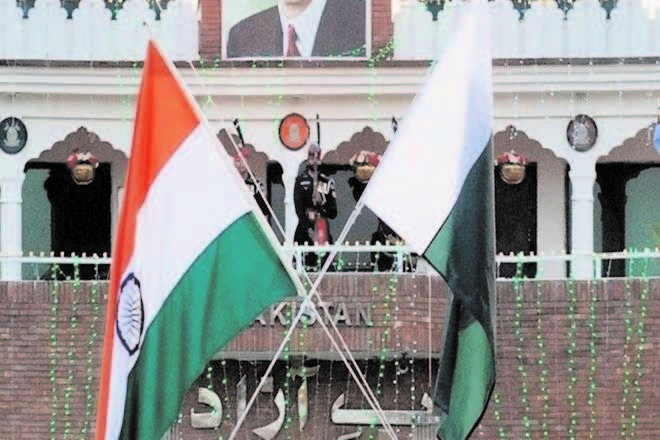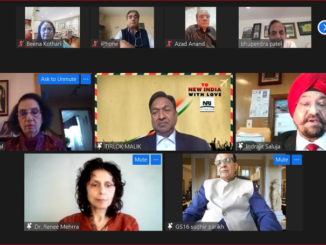
In the run-up to the election, Pakistan’s judiciary and military are showing their hand
Democracy has always been fragile in Pakistan. It was only in 2013 that a transfer of power from one democratically elected government to another was realized for the first time. As the country heads for the second such transfer, with a general election scheduled for July 25, the celebration is muted, overshadowed by a series of dramatic developments. Last week, former Prime Minister and Pakistan Muslim League leader Nawaz Sharif was sentenced to 10 years in prison in a corruption case involving undeclared property in London. The case, first outed in the Panama Papers, has seen Mr. Sharif disqualified from office and then barred from holding a party position in the ruling PML(N) after being held guilty by the Supreme Court. The charges are serious, even for a country plagued by corruption in high places. But many Pakistanis, including Mr. Sharif’s critics, believe the anti-corruption court was overzealous, and even motivated by those in the deep state unhappy with his recent run as Prime Minister. In an unusual move, military and intelligence officers had been dispatched to cities around the world to gather as much evidence as possible against him. Mr. Sharif, who has been sentenced along with his daughter and son-in-law, accuses the Opposition parties led by Imran Khan’s Pakistan Tehreek-e-Insaf of having received support from the establishment to hold massive rallies calling for his ouster. This was a role Mr. Sharif himself played in the 1990s, when he was the politician favored by Pakistan’s all-powerful establishment.
While the attempt to neutralize Mr. Sharif’s political role in Pakistan’s future is the biggest story in this campaign, it is by no means the only destabilizing trend. In the past few weeks, the media have battled harassment, with copies of the Dawn banned from cantonments. Journalists have faced death threats. This week, Awami National Party leader Haroon Bilour became the second member of his family to be assassinated, pointing to a systematic targeting of politicians who don’t adhere to an Islamist line or kowtow to the military. The atmosphere is by no means conducive to the conduct of a free and fair election and has been further vitiated by terrorist groups being ‘mainstreamed’ in the polity. The most notable such group is the Allah-o-Akbar Tehreek. Sectarian groups and radical Islamist ideology are being tolerated by the military, despite harsh strictures on terror funding from the Financial Action Task Force, and an international grey-listing that threatens to cripple the economy. The elections will serve as one marker for the democratic process; the larger struggle in Pakistan for the deepening of democracy will continue.
(Tribune, India)




Be the first to comment